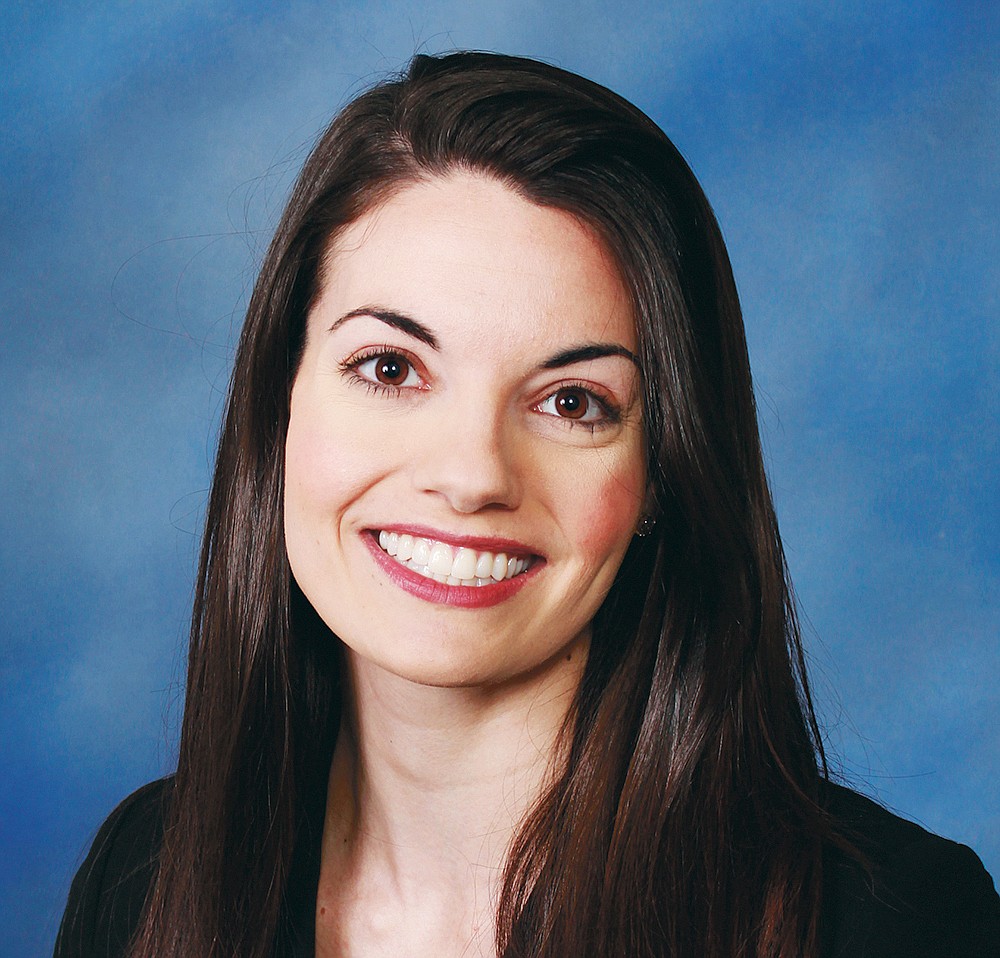
By Valeen Arena • Young Lawyers Section board member
Interns ask so many questions. While we may be inclined as young attorneys to avoid their questions, I encourage all of you to listen.
Interns can ask the most direct questions and give us the opportunity to reflect on our career choices.
“Why did you become a lawyer?” “If you had it to do over, would you go to law school?”
Likely, we all asked similar questions not too long ago.
This past summer, Dominyka Plukaite and Chloe Clunis interned in the Bryan Simpson U.S. Courthouse.
Plukaite is a second-year law student who interned with U.S. District Judge Brian Davis. She hopes to work in Atlanta after graduation, although I keep trying to convince her to move to Jacksonville if for nothing else the Taylor Tacos food truck in Hemming Plaza.
Clunis interned at the Office of the U.S. Attorney and will graduate this fall.
Here are some of their questions:
What daily challenges are faced by a judicial law clerk?
The Middle District of Florida is one of the busiest districts in the nation. Learning to prioritize and work independently is a daily challenge. I am fortunate to work with an intelligent co-clerk who trained me well.
What legal writing or lawyering mistakes do attorneys submit to the Court?
By far, the most common mistake I see is failing to comply with the consulting requirements in Local Rule 3.01(g). It is as if opposing attorneys dislike communicating with one another.
I also see attorneys taking personal jabs at each another in their respective filings, which is frowned upon.
What are the advantages and disadvantages of clerking immediately after law school versus midcareer?
Having litigated for approximately two years prior to clerking, it is advantageous to have a general understanding of litigation. My litigation experience allows me to appreciate the talent behind legal strategies and well-drafted motions.
Alternatively, clerking immediately after law school provides an opportunity to learn how to write and develop litigation skills.
What three skills should a law student develop during law school to excel in a clerkship?
Writing, researching and being professional.
Writing and researching are taught in law school and lawyers will continue to develop these skills throughout their careers.
Being professional is different. Usually professionalism is not demonstrated in isolated grand gestures but in small day-to-day actions over time.
Be mindful of your interactions with everyone in chambers or law offices.
As Agnes in Judge Davis’s chambers would advise, attorneys’ interaction with chambers and office staff is just as important as interaction with judges and partners. Professionalism applies to everyone.
Describe your best or most memorable day as a clerk.
Aside from eating tacos with the interns, my most memorable day as a clerk was in 2017, shortly after I started clerking.
Judge Davis and I were working closely on challenging issues of law. I had a moment when I thought, “Wow. I am arguing legal issues to a federal district court judge who was appointed by the President of the United States of America. My job is incredible.”
It was a brief thought but also the moment when I realized how grateful I am to be a law clerk.
Even if you do not have an intern asking you questions about your career path, I encourage you to reflect on why you do what you do every day.
Would you go back and change anything? If so, why not change it today?
Valeen Arena is a judicial law clerk for U.S. District Judge Brian Davis.